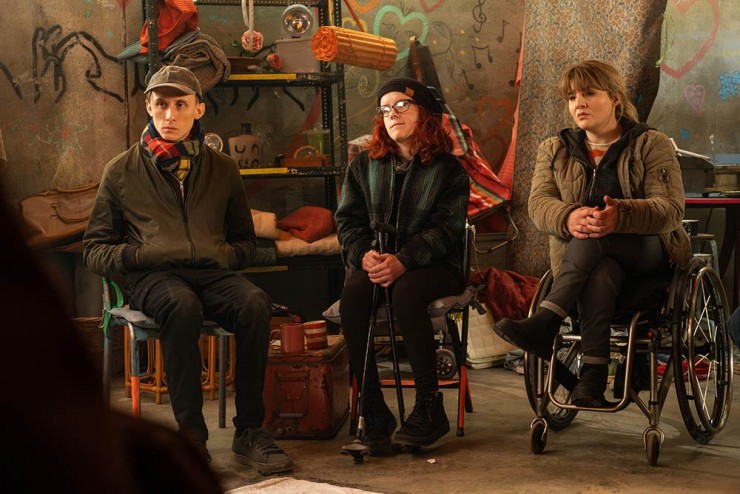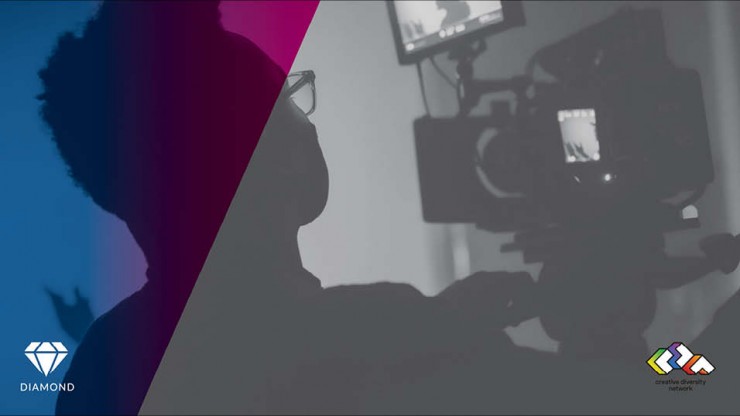The BBC is again reshaping its most senior diversity and inclusion role following the departure of director of diversity Chinny Okolidoh after less than two years.
The corporation is creating the new position of chief talent and inclusion officer to lead creative diversity, create strategies to attract, develop and retain talent, and deliver ‘world class’ career programmes.
The position reports to chief people officer Uzair Qadeer.
Talent chief Dawn Beresford will assume Okolidoh’s additional duties as the BBC's representative on the Creative Diversity Network until the new role is filled.
Formerly diversity director at L’Oreal, Okolidoh joined the BBC in September 2022 in a newly-created role that combined the duties of departed director of creative diversity June Sarpong and diversity lead Miranda Wayland.
The role combined on- and off-screen representation and delivering the 2021-23 Diversity and Inclusion Plan.
This outlined ambitions to boost the number of mid-level apprenticeships, engage underrepresented communities in recruitment, diversify senior leadership teams, and address accessibility.
BBC head of creative diversity Joanna Abeyie stood down last year, while Wayland stood down from her subsequent role as Amazon’s UK and Europe director of diversity and inclusion amid a restructure of the streamer’s business.
'Untenable' role
Separately, Abeyie has described her former role as "not for the faint-hearted" in a piece for BFI Sight and Sound Black Film Bulletin.
Despite her love of the job, and welcoming the support she had from several stakeholders and commissioners, Abeyie said she found it hard to push through meaningful changes at the BBC.
She highlighted the risk of such diversity roles becoming “untenable when autonomy, influence and decision-making is minimal to absent … when there is no sign of improvement and the role is created because optically it’s the right thing to do.”
She added: “Essentially, if the role doesn’t provide the EDI executive with the true ability to change anything, they are alone in their pursuit of making sustainable changes which is almost certainly a shortcut to burn out.”



